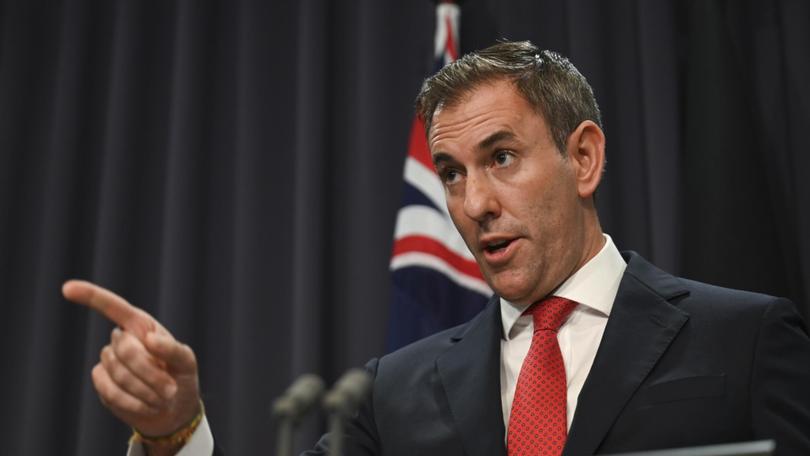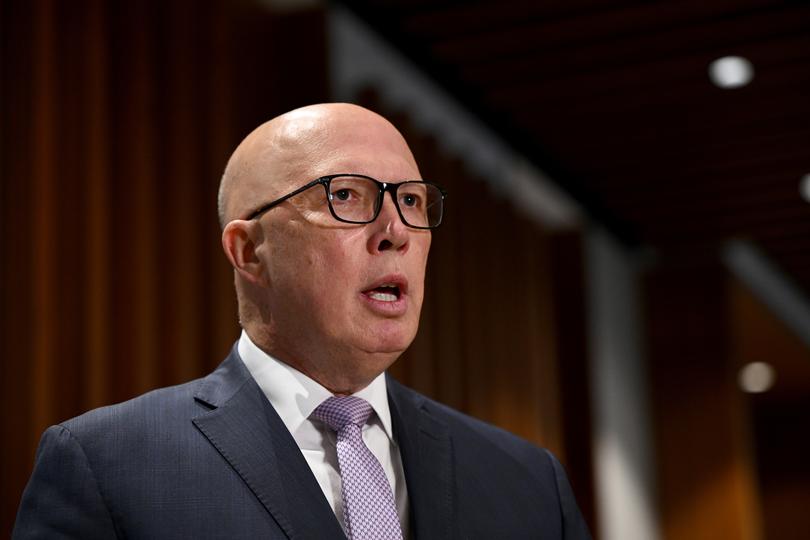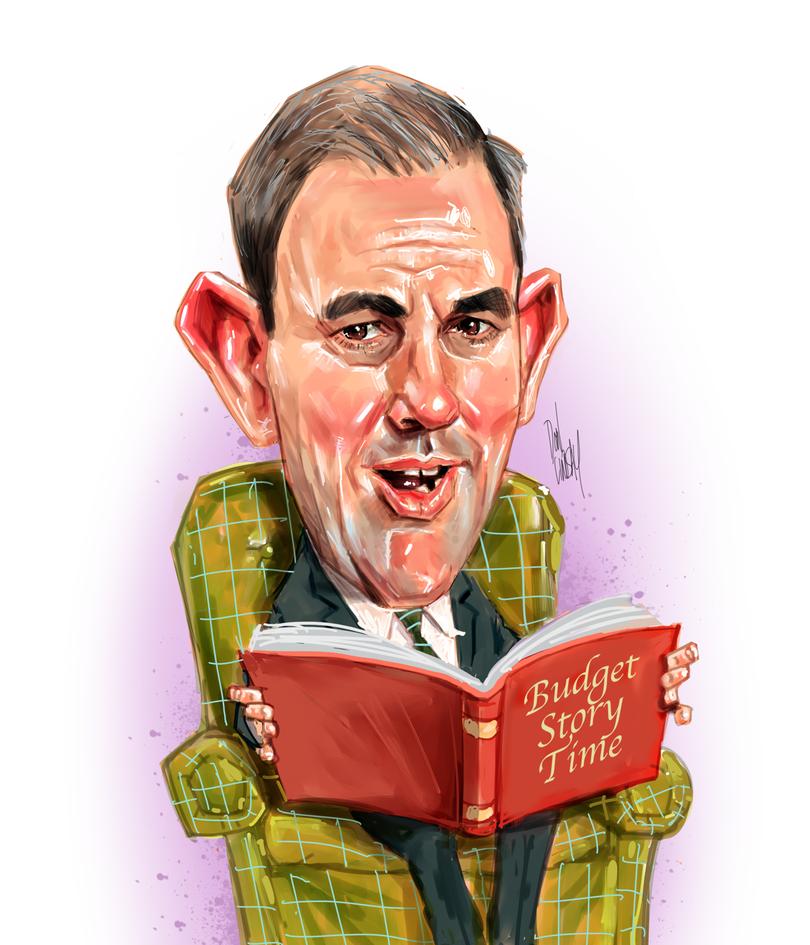KATINA CURTIS: As the Budget looms, the Government’s narrative is muddled

Anthony Albanese often seems to follow the writer’s maxim of show, don’t tell.
In quiet ways, the Prime Minister shifts the dial on social and policy norms by showing up: visiting art galleries, voting to support Julian Assange, and being unashamed to show his emotions.
But often in politics, people need telling.
Sign up to The Nightly's newsletters.
Get the first look at the digital newspaper, curated daily stories and breaking headlines delivered to your inbox.
By continuing you agree to our Terms and Privacy Policy.Six weeks out from the biggest political set piece of the year, it is far from clear what the story is that the Government is telling.
Albanese has started a tour of manufacturers to talk about his Budget theme of “a future made in Australia”.
Treasurer Jim Chalmers insists it’s “more than just a kind of a passing press release” and, in fact, is “the Prime Minister’s reason for being”.
Albanese will tell small business owners on Thursday it’s all about investing in economic self-reliance and “lifting our nation up the international value chain” amid a global race for the next generation of jobs, investment and prosperity.
“Every advanced economy is grappling with the challenges of global inflation, the long tail of the pandemic, the uncertainty of conflict and the transformative impact of new technologies,” he’ll say.
“We need to show the courage and ambition you demonstrate every day. The courage to invest in new ideas and new industries, the ambition for our people and our products to win in the world.”
This is the final piece of Albanese’s “everything is security” pitch from early last year, which tied together national security, trade, economic security, jobs, wages and housing into a single narrative.
More than a year on, cost-of-living is less a theme and more an all-consuming facet of the economic reality for many Australians.
Inflation might be coming down and wages (slowly) rising, but this is after households have spent two years paying ever more for groceries, bills, rent and mortgages.
People are switching back on to the news but with an underlying vibe that assumes political and business elites don’t care about them.
One can sense this in the way Peter Dutton has been eager to position his Opposition against big corporates, even as he lectures those same CEOs about not being “silent or supine”.

Political strategist Alex Fein from Redbridge says this shift keeps coming up in focus groups. There’s a real sense that the people with genuine economic and political power have rigged the system against everyone else.
Soaring housing prices and allegations of price gouging by major supermarkets are seen as evidence.
You might call them barbecue-stoppers — if the high cost of the food and gas and backyard needed to host a barbecue hadn’t already stopped it.
It’s hard to see how talking up making things here again — a refrain of many prime ministers over many years — will tell the story that makes people trust politicians have their best interests at heart.
Right now, there are less than a million people employed in the manufacturing sector across the country, from a total workforce of more than 14.3 million people.
Over the past 20 years, the number of people in the sector steadily dropped even as the population grew.
In the mid-1980s, one in six Australians worked in manufacturing. That halved by the end of 2011 and has continued to slide; now it’s one in 16.
In sheer numbers, workers in the sector hit an all-time low just before the last election.
This has slowly crept up, although the wider workforce has also grown so the sector’s size has stagnated.
The Government is throwing $1 billion at solar manufacturers in a bid to get the industry off the ground. In the past, it has also talked up a potential battery industry here, but the shock to lithium producers this year has put that on wobbly ground.
But there are fears from industry this won’t be anywhere near enough to win that global race the Prime Minister mentions.

Of course, this is really the final Budget to frame a big picture and set up the pitch for why voters should back Labor again next year.
Chalmers noted the other day there are only about four weeks of decision-making time left to frame that picture.
He sees its centrepiece — at this stage — as the revamped tax cuts unveiled at the end of January.
Once that extra $100 or $150 a pay cycle is being noticed, then those people sceptical of the political elites might be more receptive to a big-picture narrative — if there’s one to hear.

